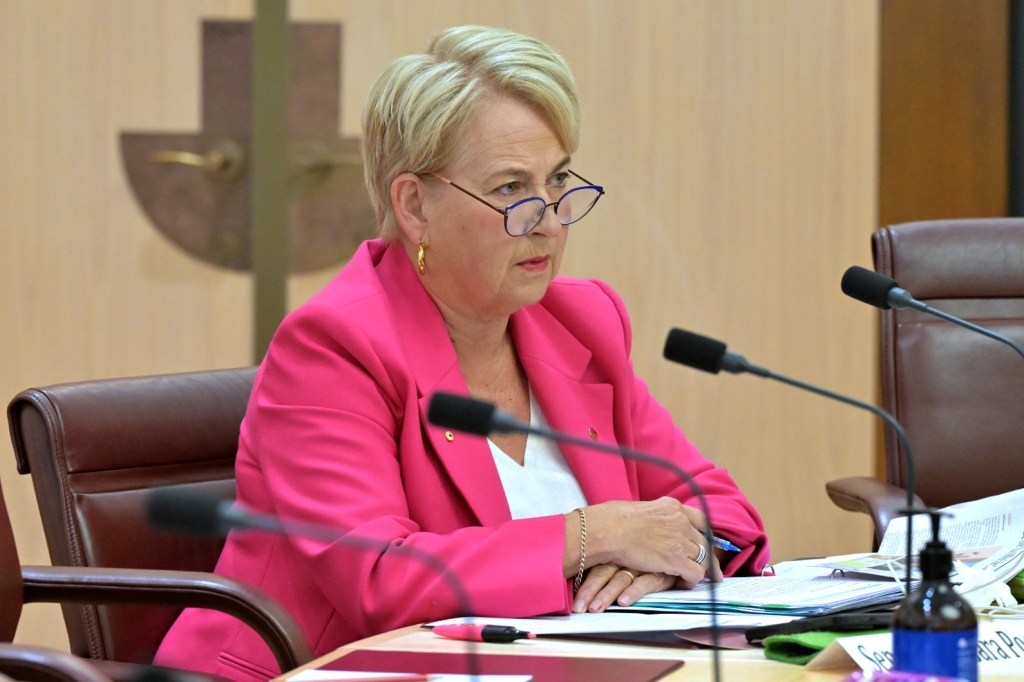
The public sector should not push against the Senate but provide it with all the information it requires to keep the government and its processes accountable, according to Australian Greens’ Senator Barbara Pocock.
Pocock told the Senate this week that she asked the Department of Defence questions related to the movement of Defence staff from the public service to private sector consulting practices.
She asked about the work and security clearances of former Defence staff who had moved to firms such as KPMG — a firm Pocock said had recruited 100 personnel over five years.
Pocock said the responses she had received about the nature of the work people were doing and the security clearances were light on detail.
“I’ve got to say that I think the people who responded to my QON [questions on notice] had read the handbook that we’ve been hearing about recently that shows public servants how to block, obscure and make sure senators don’t really get the depth of information they are seeking because the answer they gave me answered another question,” she said.
“It didn’t even address the question of what previous employees were doing and what their security clearances were before they left the service to join the private sector.”
Pocock said parliament must have some understanding of what kind of work people who have transitioned to the private sector did in Defence, what they were doing now, and what, if any, risks they posed to national security in the private sector.
“Where is that dealt with in what we have in front of us? That’s a really important question for us,” she said.
“We need a public sector which does not push against the Senate but gives us the information we need to help ensure clarity, honesty, integrity, transparency, accountability and truth about what people are doing out there with the information they may have harnessed which could put our security at risk.”
Pocock’s concern about the quality of answers from Defence comes merely a day after the Albanese government tabled a document that had been widely criticised as being a manual for dodging parliamentary scrutiny.
The federal opposition and the crossbench in the Senate forced the government to table the 18-page document that set out a range of suggested responses departments and agencies could use if they felt they were applicable.
The opposition’s Senate leader, Simon Birmingham, said earlier this week that the so-called secret manual for formulating answers for estimates was a contempt of the Senate.
“It is disturbing to think that the Prime Minister may have approved this document before its distribution knowing full well it would distort the procedures of a democratic parliament,” Birmingham said.
“The revelation of this secret manual brings into question Labor’s ability and willingness to perform the minimum requirements of government.”
“What Labor had promised was greater transparency, however, what it has delivered is secrecy of the highest order.”
A further concern expressed this past week about Senate estimates processes is the failure of certain departments such as the Department of Education to lodge responses to questions by the deadline agreed upon by the Senate.
Senator Sarah Henderson, the education spokesperson for the federal opposition, said that the education department has failed to hand in its estimates’ homework on time.
She said that there were questions still overdue from the last round of estimates despite the deadline for answers being April 5.
“Labor went to the last election promising accountability and transparency, yet here we have another minister showing contempt for the parliament,” Henderson said.
“At a time when the Albanese Government is under fire for everything from failing to deliver school reforms to driving unprecedented numbers of international students, this transparency fail is not good enough.”
READ MORE:

